Families confront North East Ambulance Service chiefs
- Published

Quinn Milburn-Beadle was declared dead by a paramedic who did not follow guidelines
Families have confronted ambulance chiefs at a meeting after a review into claims paramedics' errors were covered up and evidence withheld from coroners.
The extraordinary public meeting was held following the independent review into the North East Ambulance Service.
It found inaccuracies in information provided to the coroner and employees who were "fearful of speaking up".
NEAS chief executive Helen Ray said families "deserved better" and it was committed to improvements.
The study, commissioned by the former health secretary Sajid Javid in August last year, examined four of the five cases that were highlighted by a whistleblower, initially in The Sunday Times.
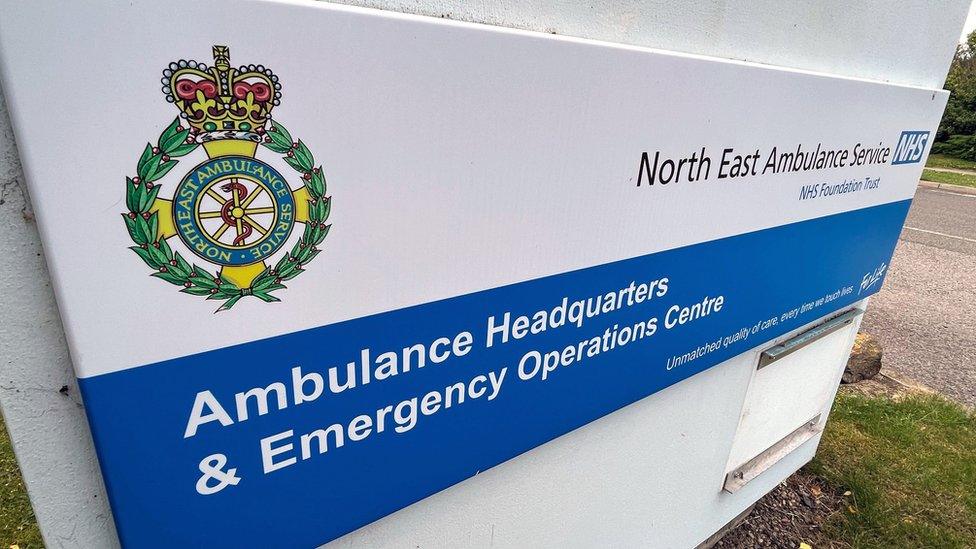
The review into North East Ambulance Service was announced after claims by a whistleblower
The families of a teenager and a 62-year-old man were not told paramedics' responses were being investigated by NEAS.
The family of 17-year-old Quinn Milburn-Beadle, from Shildon, County Durham, only found out what happened when a family liaison officer visited a few days before her inquest in April 2019.
The review said a rapid response paramedic, who was later struck off, "did not adhere to national and local guidelines" in stopping CPR and declaring her dead.
It found that "however small the probability of recovering was" the teenager "deserved that chance and so did her family". A narrative verdict was recorded by the coroner almost two years after her death.
At Thursday's meeting the teenager's grandmother Marion Beadle told how she lies awake at night thinking about her.
"Every one of you should lie awake at night - how would you feel?", she asked the board.
She explained how Quinn had ambitions to be a paramedic but was let down by the very organisation she wanted to join.
Speaking about the changes and improvements described by the board she said: "You have done something but you haven't done enough."
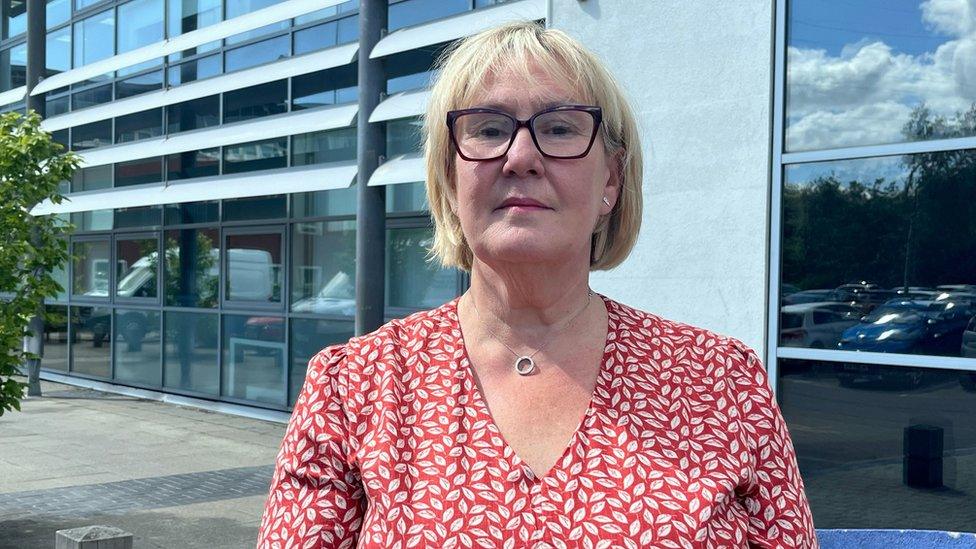
Helen Ray said a number of changes to the way it worked had been made
Ms Ray said the concerns outlined in the report were "awful for us to carry but much worse for the families that have been bereaved".
She said "a comprehensive review of incident procedures" had now taken place and the trust had "completely changed the way it works in terms of the management of serious incidents".
She said the trust recognised "the need to improve" its culture and communications.
In the case of 62-year-old Peter Coates from Dormanstown near Redcar, he had called 999 in March 2019 when a power cut meant his home oxygen supply stopped working. The review discovered crews arrived 36 minutes after his call.
It found one team had stopped to refuel the ambulance en route and another was unable to make the three-minute journey because a power cut had prevented the gates at the ambulance station from opening.
Mr Coates' family, who eventually learned what happened via the whistleblower, believed if the crews had reached him sooner "he might still be alive".
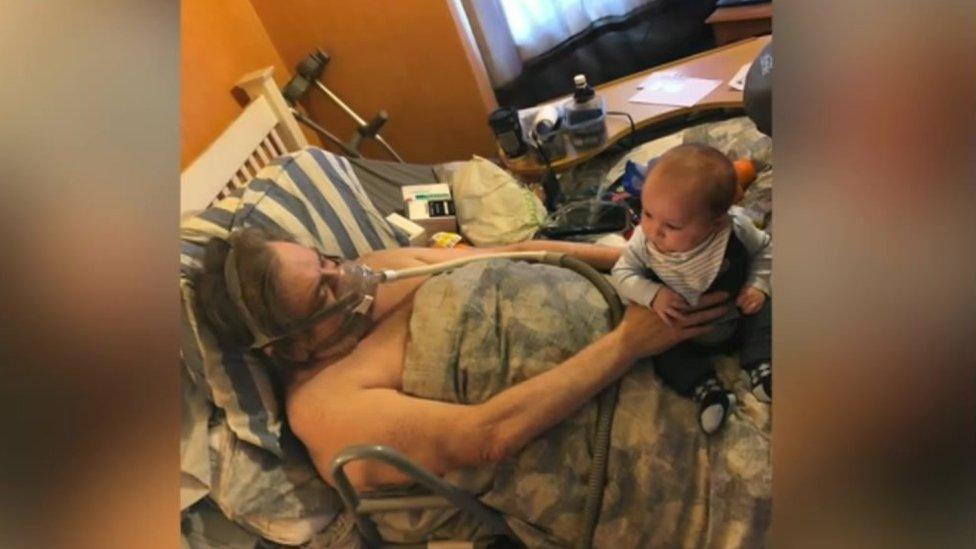
Peter Coates was dead when the ambulance arrived
In a question submitted to the board meeting Mr Coates' daughter Kellie said the trust was "still holding information back from us".
Ms Ray said: "Everything that we have has been disclosed".
She told the meeting a number of individuals were no longer employed by the service and a number were being investigated by their professional bodies.
Among the other findings of the independent review by Dame Marianne Griffiths were there was a "trend" for NEAS to provide coroners with "confusing or conflated" information rather than the original material and there was "no independent communications with families" which would have "lessened the trauma".
It also found opportunities for learning were missed, with established processes not being followed.
It noted "leadership dysfunction" and "antagonism" between leadership teams. Staff were "fearful of speaking up" and those who did raise concerns were left "anxious, frustrated and stressed", it said.
The review also stated that NEAS - the second smallest ambulance trust in the country - required additional funding.

Follow BBC North East & Cumbria on Twitter, external, Facebook, external and Instagram, external. Send your story ideas to northeastandcumbria@bbc.co.uk, external.
Related topics
- Published12 July 2023

- Published12 July 2023

- Published7 July 2023
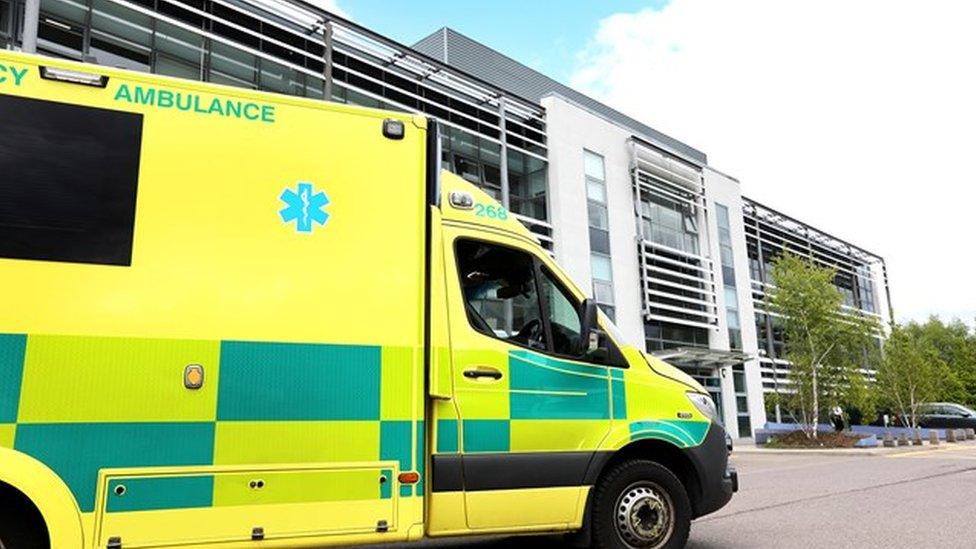
- Published23 May 2022
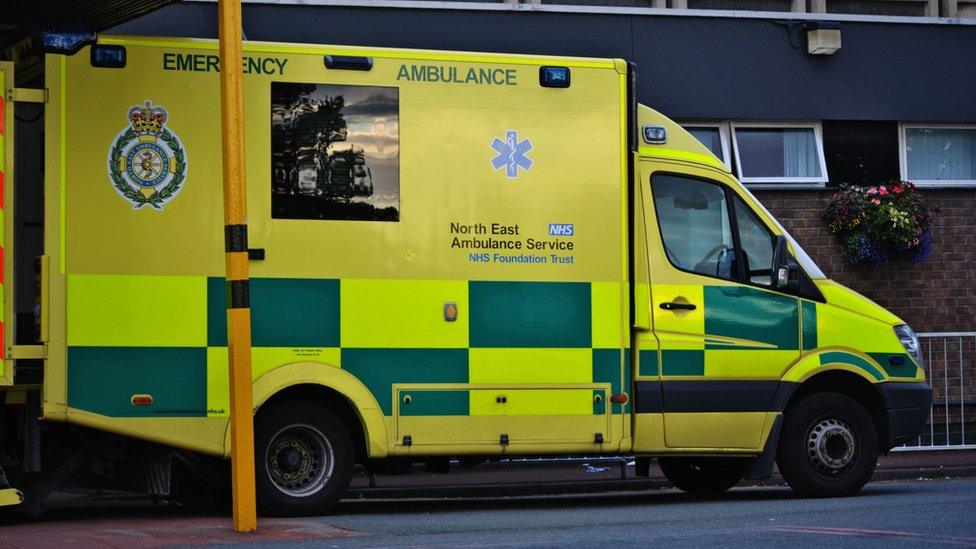
- Published2 February 2023
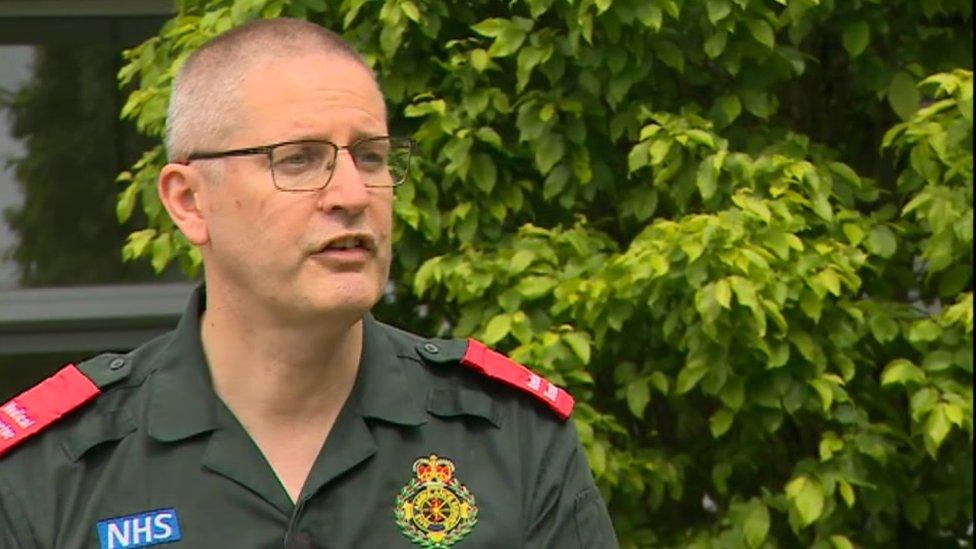
- Published20 December 2022
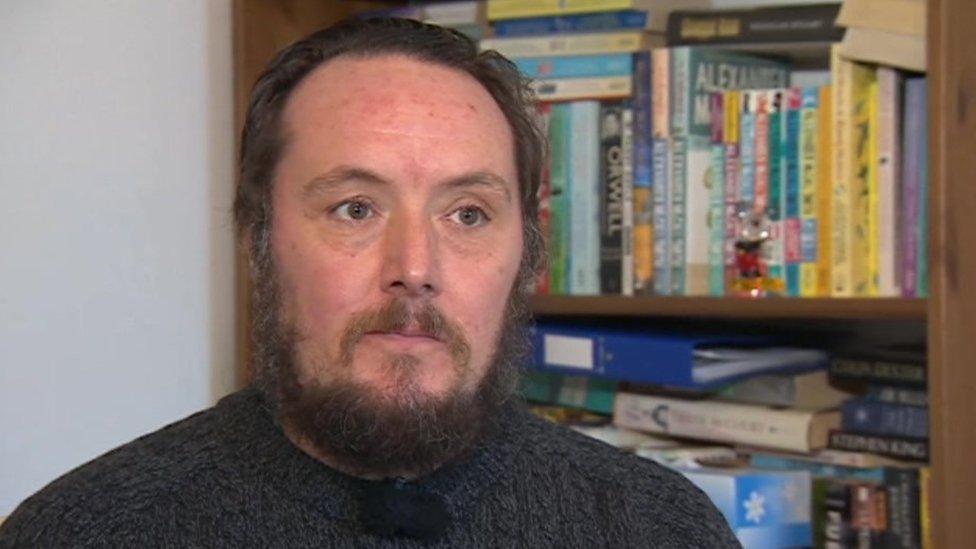
- Published10 June 2022

- Published19 January 2023
